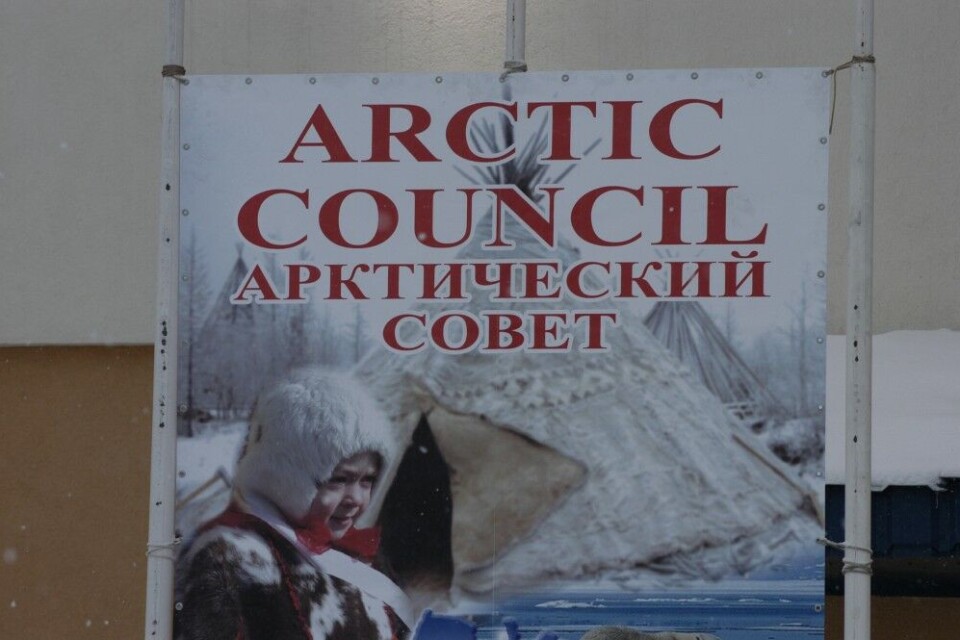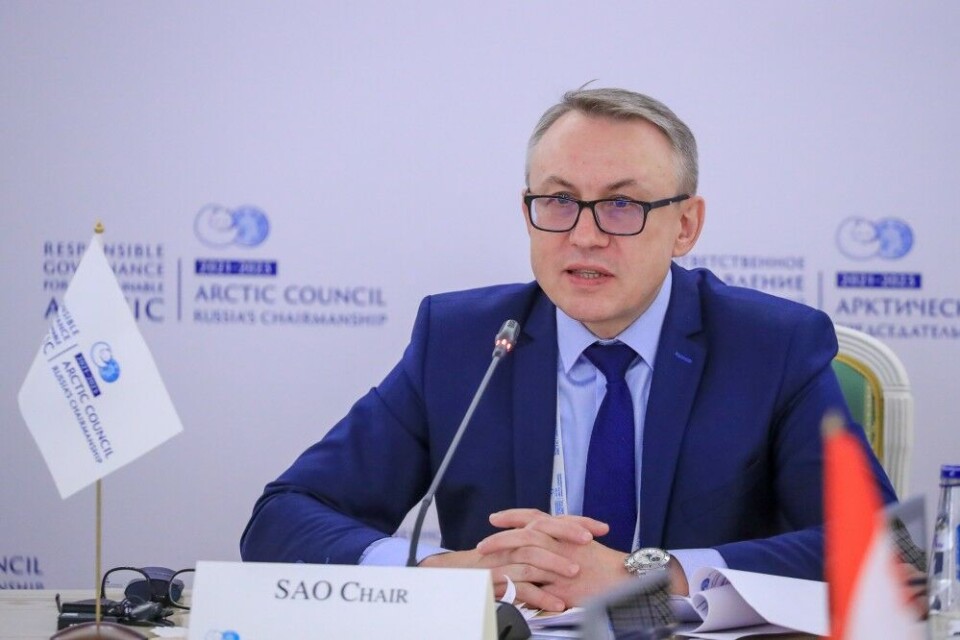
Seven western countries on Arctic Council to resume limited work in forum
The seven western countries on the Arctic Council said Wednesday they will resume work together on some of the forum’s projects, but without Russia.
“We intend to implement a limited resumption of our work in the Arctic Council on projects that do not involve the participation of the Russian Federation,” Canada, Finland, Iceland, Denmark, Norway, Sweden and the United States said in a joint statement.
“These projects, contained in the work plan approved by all Arctic states at the Reykjavik ministerial, are a vital component of our responsibility to the peoples of the Arctic, including Indigenous peoples.”
The Arctic Council is an international forum made up of the eight Arctic countries and the six Arctic Indigenous groups: the Aleut International Association, the Arctic Athabaskan Council, the Gwich’in Council International, the Inuit Circumpolar Council, the Russian Association of Indigenous Peoples of the North and the Saami Council.
The forum works together on environmental issues and sustainable development in the North.
The seven western states paused their participation in the Arctic Council’s work in March in protest against Russia’s invasion of Ukraine saying it undermined many of the founding principals of the forum, which include sovereignty and territorial integrity based on international law.
Russia currently holds the forum’s two-year rotating chairmanship and has previously said it will continue with its chairmanship program as planned.

The seven western states said on Wednesday they would continue to examine other ways to move forward on the forum’s projects.
“We remain convinced of the enduring value of the Arctic Council for circumpolar cooperation and reiterate our support for this forum and its important work,” they said.
“We continue to examine additional modalities to allow us to further continue the council’s important work.”
The joint statement released on Wednesday didn’t give details on which projects would be restarted.
Nobody from Global Affairs Canada could immediately be reached for comment.
This story is posted on the Barents Observer as part of Eye on the Arctic, a collaborative partnership between public and private circumpolar media organizations.















